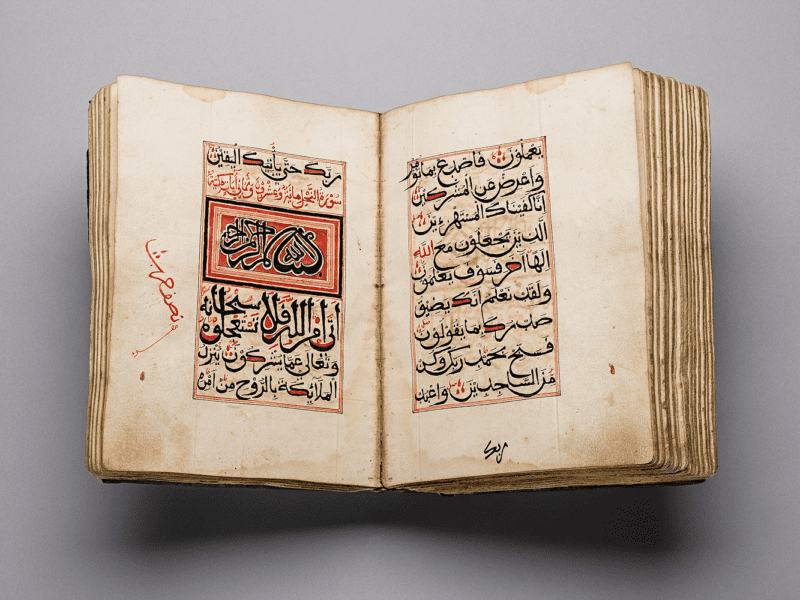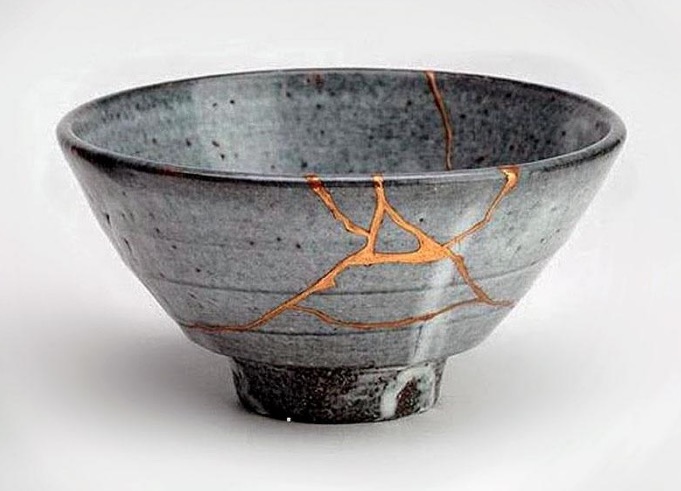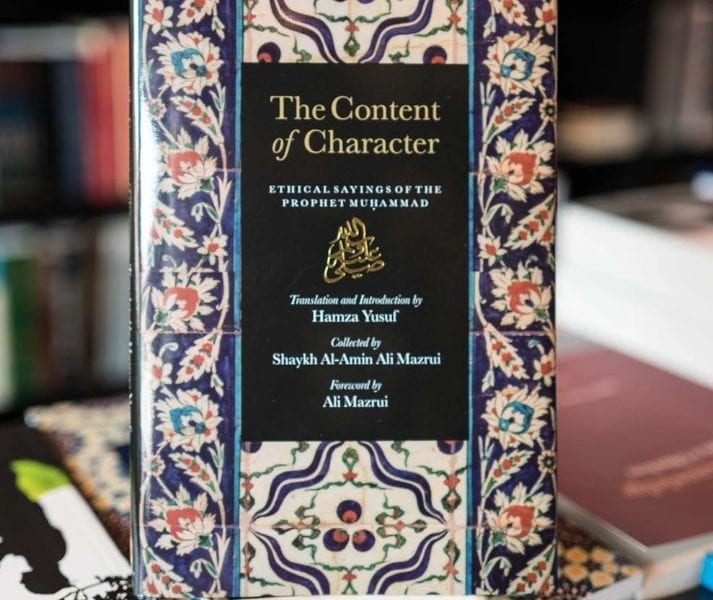
Sexual Responsibility and the Fulfillment of Desire
Al-Fadl b. ‘Abbas rode behind the Prophet ﷺ as his companion on the back portion of his camel on the Day of Nahr (during Hajj) and al-Fadl was a handsome
Embrace the social teachings of Islam by rethinking modern individualism.
Embrace the social teachings of Islam by rethinking modern individualism.
Along with our Modern Questions, Grounded Answers series, the following articles shed light on various aspects of the Islamic worldview. These articles, along with the rest of Sila’s work, call on us to embrace the social teachings of Islam by examining how modern individualism has affected both major and minor-seeming aspects of our social ideas and interactions.

Al-Fadl b. ‘Abbas rode behind the Prophet ﷺ as his companion on the back portion of his camel on the Day of Nahr (during Hajj) and al-Fadl was a handsome


What is a Muslim man expected to do when he gets married? How about a Muslim woman? These questions were more easily understood and accepted in earlier times, particularly in healthy Muslim societies that had holistic understandings of God’s place in the picture of Muslim family life.


Abdal Wadod Shalabi has remarked that a society only becomes truly decadent when “decadence” as a principle is never referred to in public debate. Prior generations of Muslims and Christians


Complementary to the rulings about personal daily life are those related to interactions among people. Below we will examine the guidance of Islamic law (sharīʿah) about several of the essential


Living in beautiful Northern California, our family is blessed with many house guests throughout the months of the year, alhamdulillah (praise be to God). I remember one year when we


The Sila Initiative · The Connecting Factor Between You and Allah | Audio Article بسم الله الرحمن الرحيم The following essay is a transcript of an interview of Dr. Fareeha


A well-dressed woman who takes care of her appearance not only appears attractive, but has an aura of composure and femininity about her. The fitrah (natural disposition) and instinctive quality


In considering the evolution of this phenomenon, its necessary to recognise that whilst over the past few hundred years, liberal theory has branched out into a broad spectrum of interpretations, they inextricably trace their roots back to Enlightenment thinkers. The founding fathers of liberalism


وَإِذَآ أَنْعَمْنَا عَلَى الإِنسَانِ أَعْرَضَ وَنَأَى بِجَانِبِهِوَإِذَا مَسَّهُ الشَّرُّ كَانَ يَؤُوسًا “When We bestow Our favors unto man he turns away and becomes remote.But when evil befalls he gives himself


It’s still a few hours before any hint of twilight when my mother-in-law pulls herself up off the couch, murmuring with a sense of urgency, “I need to start getting the pakora batter ready for iftar.”


I still vividly remember the first night I spent by myself in the hospital after delivering my eldest son Shaan. The guests were gone for the day, the hallway lights


devotion noun: love, loyalty, or enthusiasm for a person or activity; religious worship or observance; profound dedication Devotion, and Its Fruits She would then spread the prayer-mat, a beautiful soft Persian


There are few religious scholars more well-known in the Muslim world than Mufti Muhammad Taqi Usmani. His expertise in fiqh and hadith, and in particular his specialization in Islamic Finance, allows him to serve as a distinguished member on numerous international bodies of Islamic law. For scholars of such caliber, one rarely if ever hears about the internal happenings of their domestic life. And due to the emphasis on the modest and hidden nature of a woman’s private sphere, one rarely hears directly from the female members of such religious households.


Empowerment is something desired by all who feel oppressed. If there is an overpowering force that is out to do us harm, we wish more than anything to overcome it. Contemporary common sense however teaches that there is one compelling force that we simply cannot overcome, and that is our own self (nafs). Desires, proclivities, and inclinations toward unwholesome, unseemly things are seen to be, at most, unfortunate. With mottos like “Just Do It!” having become part of the cultural fabric of contemporary society, it is easy to see why even those who wish to stop loving something ugly view the task as requiring Herculean effort.


The doorbell rang and my son Shaan, a 17-year-old high school junior, answered the door and welcomed his college-going friend Brian in to watch football with my husband Zeeshan and our other sons, 15-year-old Ameen and 10-year-old Raahim.


“My Companions are like the stars; follow whichever you like and you will be rightly guided.”
–the Prophet Muhammad ﷺ
Wherever there is a discrepancy in power, there exists the possibility of abuse. As Muslims, we believe this is true of every relationship between willful beings, except the relationship between God and His creation. He is Just, at the level of the absolute, and His Justice will absolutely be realized, if not on this worldly plane, then on that of the Next.


This tiny and beautifully produced book offers a simple yet powerful window into the sublime character of the Prophet Muhammad ﷺ.


ﷺ
“Whoever fails to care for our youth, respect our aged, enjoin right, and denounce wrong is not counted among us.”
— the Prophet Muhammad ﷺ
The other day, I spoke with an elderly cousin of my mother’s. She resides in India, and I asked her if she would come for ‘umrah and visit me in Jeddah. When she said she’d consider it, I mentioned that she should make sure to let me know beforehand, because sometimes I have to travel back to the States with my husband due to his work.


Do your best to have zuhd, meaning have less things of the dunya to be concerned about. For example, it’s very helpful to have a clean and fast house. Muslim homes traditionally were very sparse.